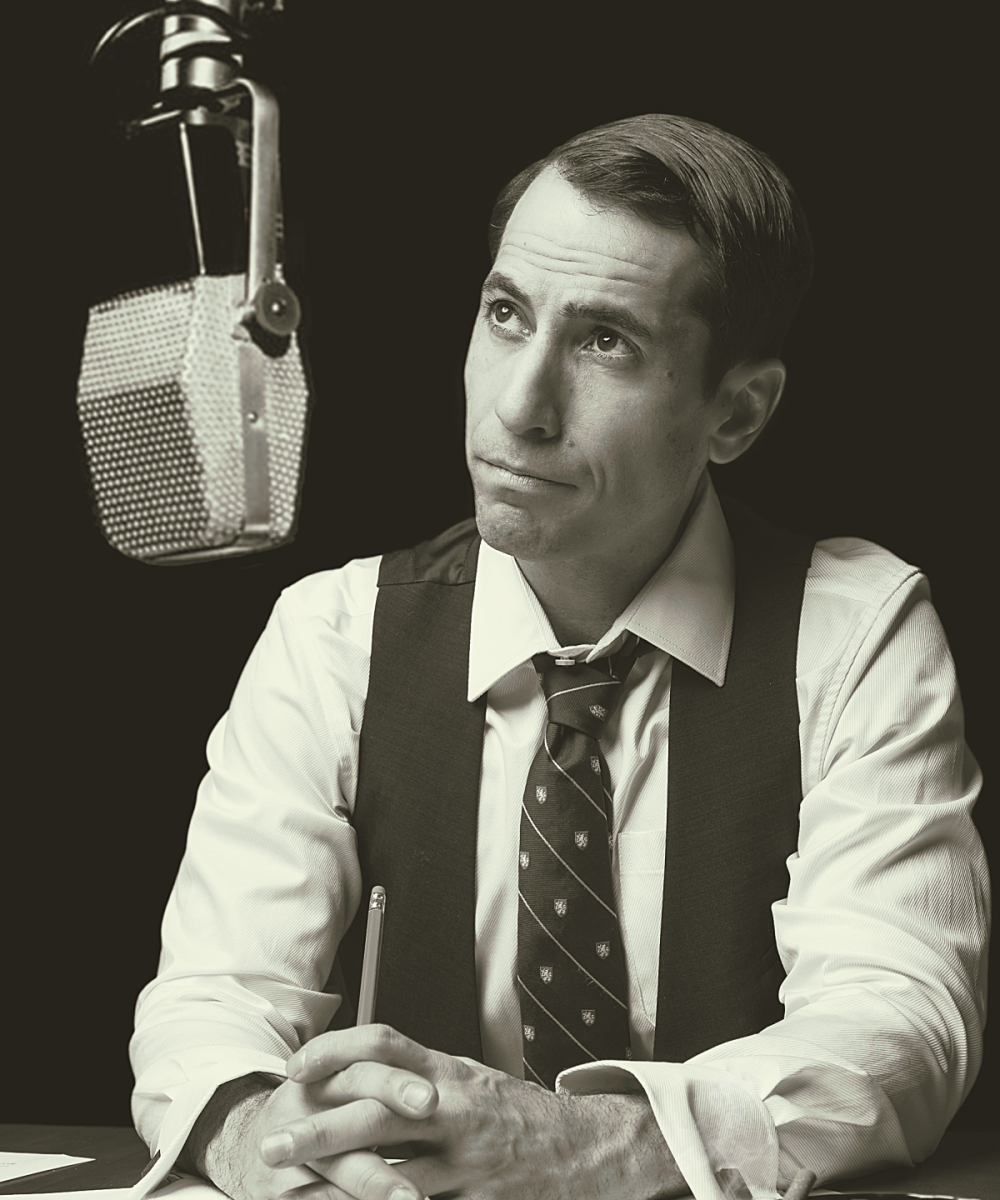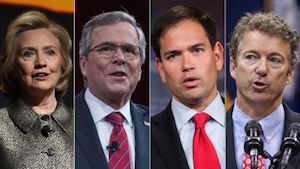It’s that time in the American political cycle when billions will be spent on TV and media to determine who the next president of the United States will be. If you are not up-to-date on the current state of the race, or are simply confused at the number of candidates the GOP is running (17 in all), then hopefully this guide can help straighten things out.
Democrats:
Hillary Clinton: The outright favorite on the Democratic side, her website outlines plans to strengthen the economy, provide more aid to the middle class and working families, and touts a strong foreign policy. While she has endured some scandals and comes from the “political class,” many are hopeful she can couple her massive experience with progressive policies to be an effective president.
Bernie Sanders: The Democratic underdog and a self-declared socialist, Sanders provides a more liberal alternative to Clinton on the Democratic side. It is still unclear if he presents a legitimate threat to Clinton’s chances.
Others: Lincoln Chaffee, Martin O’Malley, Jim Webb and rumors of Joe Biden.
Republicans:
Donald Trump: Hard-talking candidate who has stolen the GOP show. Trump started with incendiary comments on Mexican immigrants and has continued the insults from there. His disregard of political correctness has gained him a following among conservatives fed up with “social norms” but has also received criticisms from all sides. Love him or hate him, for now he’s the republican frontrunner.
Jeb Bush: The latest installment in the Bush Dynasty, Jeb cites his success in the “purple” state of Florida as why he should be president. While he shares many conservative principles on foreign policy and immigration, issues such as common core lose popularity while some fear running “another Bush” is a poor decision.
Marco Rubio: Youthful son of Cuban immigrants, Rubio holds conservative policies on immigration, foreign and economic policy. It is some republicans’ hope that Rubio’s youth and heritage can extend the GOP’s base to demographics which it has traditionally faltered in.
Ted Cruz: Gained fame for his tea-party antics, he now is running as a highly conservative candidate who promises to be outside of the Washington influence and one who will speak the truth. He has similar messages on policy as the other conservatives in the field.
Scott Walker: Current governor of Wisconsin with similar messages to the above, with few personal variations from the “party line.”
Rand Paul: One of the more libertarian of the politicians, Paul offers himself as the “alternative” candidate to both expand the party and uphold key conservative values such as privacy and the right to bear arms. One of the more unique candidates besides Trump.
Christ Christie: Was the hard talker of the Republicans before Trump came along. Personal variants on policy include supporting data collection and his unique résumé as U.S. attorney.
Mark Huckabee: Extreme social conservative on gay rights and abortion.
Others: Ben Carson, John Kasich, Rick Perry, Rick Santorum, Carly Fiornia, Bobby Jindal, Lindsey Graham, George Pataki and Jim Gilmore.















